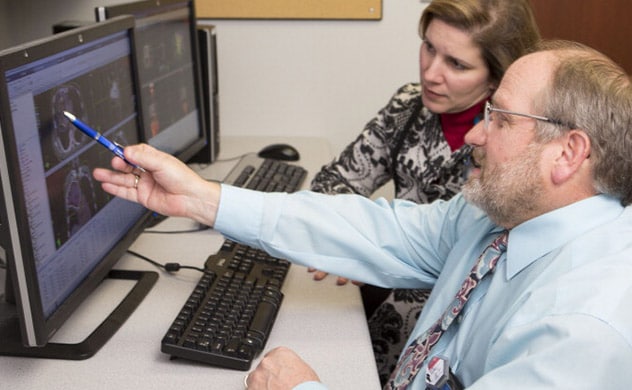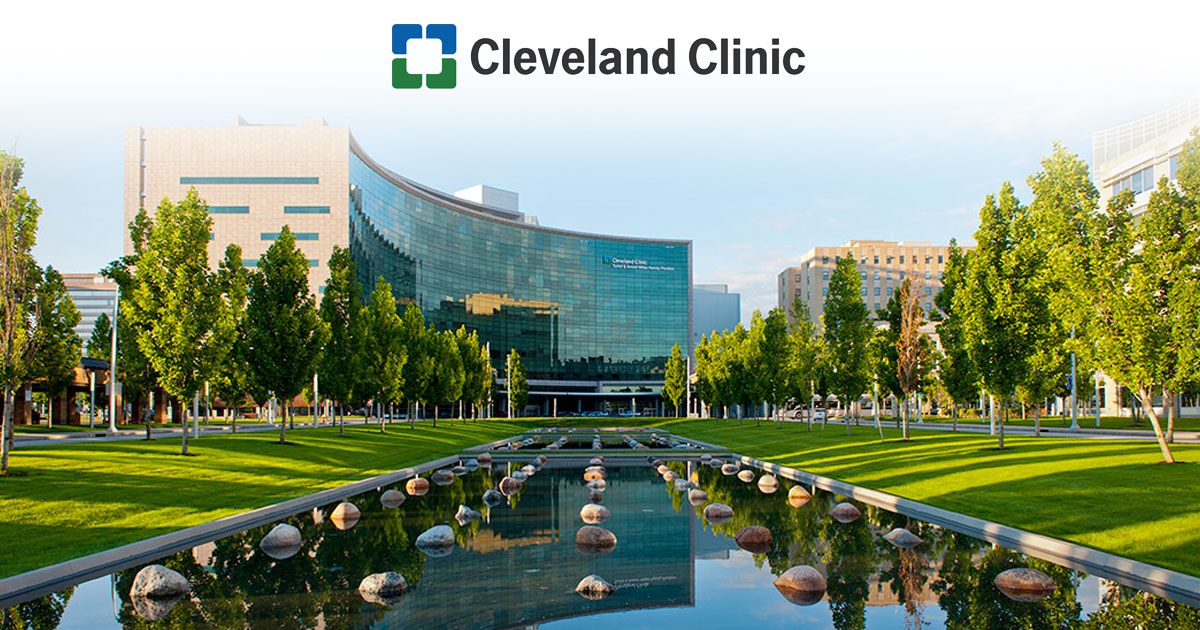Abdominal Aortic Aneurysm (AAA) is a potentially life-threatening condition in which there is an increased size of the aorta, the major artery carrying blood away from the heart. If left untreated, an AAA can rupture, leading to severe internal bleeding and potential death. Luckily, medications can help reduce the risk of AAA rupture or even stop it from worsening further. Here are some frequently asked questions on AAA medications

Table Of Content:
- Thoracic aortic aneurysm - Diagnosis and treatment - Mayo Clinic
- Aortic Aneurysm Treatments, Medications, & Recovery
- Abdominal aortic aneurysm - Diagnosis and treatment - Mayo Clinic
- Abdominal Aortic Aneurysm Treatments | Northwestern Medicine
- Medication for Aortic Aneurysm | NYU Langone Health
- Abdominal Aortic Aneurysm (AAA) Treatment | Stanford Health Care
- Abdominal Aortic Aneurysm Medication: Antihypertensives, Analgesics
- Abdominal Aortic Aneurysm | Johns Hopkins Medicine
- Abdominal Aortic Aneurysm: Causes, Symptoms and Treatment
- Lack of an effective drug therapy for abdominal aortic aneurysm
1. Thoracic aortic aneurysm - Diagnosis and treatment - Mayo Clinic
https://www.mayoclinic.org/diseases-conditions/thoracic-aortic-aneurysm/diagnosis-treatment/drc-20350193 May 5, 2022 ... Statins. These medications can help lower cholesterol, which can help reduce blockages in the arteries and reduce the risk of aneurysm ...
May 5, 2022 ... Statins. These medications can help lower cholesterol, which can help reduce blockages in the arteries and reduce the risk of aneurysm ...
2. Aortic Aneurysm Treatments, Medications, & Recovery
https://www.webmd.com/heart-disease/tips-aortic-aneurysm The most common type of surgery is open abdominal or chest repair, where the doctor opens up your chest or abdomen, depending on where the problem is, removes ...
The most common type of surgery is open abdominal or chest repair, where the doctor opens up your chest or abdomen, depending on where the problem is, removes ...
3. Abdominal aortic aneurysm - Diagnosis and treatment - Mayo Clinic
https://www.mayoclinic.org/diseases-conditions/abdominal-aortic-aneurysm/diagnosis-treatment/drc-20350693 Aug 27, 2021 ... Surgery and other procedures · Endovascular repair. This procedure is used most often to repair an abdominal aortic aneurysm. · Open abdominal ...
Aug 27, 2021 ... Surgery and other procedures · Endovascular repair. This procedure is used most often to repair an abdominal aortic aneurysm. · Open abdominal ...
4. Abdominal Aortic Aneurysm Treatments | Northwestern Medicine
https://www.nm.org/conditions-and-care-areas/cardiovascular-care/center-for-vascular-disease/abdominal-aortic-aneurysm/treatments Medications for abdominal aortic aneurysm · Cholesterol-lowering drugs: Cholesterol-lowering drugs to reduce inflammation of the walls of your aorta. · Beta ...
Medications for abdominal aortic aneurysm · Cholesterol-lowering drugs: Cholesterol-lowering drugs to reduce inflammation of the walls of your aorta. · Beta ...
5. Medication for Aortic Aneurysm | NYU Langone Health
https://nyulangone.org/conditions/aortic-aneurysm-in-adults/treatments/medication-for-aortic-aneurysm
If you have an aortic aneurysm, keeping your blood pressure under control can help prevent the aneurysm from growing. Antihypertensive medications lower blood ...
6. Abdominal Aortic Aneurysm (AAA) Treatment | Stanford Health Care
https://stanfordhealthcare.org/medical-conditions/blood-heart-circulation/abdominal-aortic-aneurysm/treatments.html Treatment for an Abdominal Aortic Aneurysm (AAA) ... As an aneurysm grows in size, the wall of the aorta becomes weaker and weaker, which means surgical ...
Treatment for an Abdominal Aortic Aneurysm (AAA) ... As an aneurysm grows in size, the wall of the aorta becomes weaker and weaker, which means surgical ...
7. Abdominal Aortic Aneurysm Medication: Antihypertensives, Analgesics
https://emedicine.medscape.com/article/1979501-medication
Mar 8, 2021 ... Abdominal Aortic Aneurysm Medication · Medication Summary · Antihypertensives · Class Summary · Esmolol (Brevibloc) · Labetalol (Trandate).
8. Abdominal Aortic Aneurysm | Johns Hopkins Medicine
https://www.hopkinsmedicine.org/health/conditions-and-diseases/abdominal-aortic-aneurysm
9. Abdominal Aortic Aneurysm: Causes, Symptoms and Treatment
https://my.clevelandclinic.org/health/diseases/7153-abdominal-aortic-aneurysm Nov 1, 2021 ... How are abdominal aortic aneurysms treated? · Getting ultrasounds every few months to make sure the aneurysm isn't getting bigger. · Making ...
Nov 1, 2021 ... How are abdominal aortic aneurysms treated? · Getting ultrasounds every few months to make sure the aneurysm isn't getting bigger. · Making ...
10. Lack of an effective drug therapy for abdominal aortic aneurysm
https://pubmed.ncbi.nlm.nih.gov/31278799/ Abdominal aortic aneurysm (AAA) rupture is a common cause of death in adults. Current AAA treatment is by open surgical or endovascular aneurysm repair.
Abdominal aortic aneurysm (AAA) rupture is a common cause of death in adults. Current AAA treatment is by open surgical or endovascular aneurysm repair.
What are some common medications used to treat AAA?
Common medications used for treating abdominal aortic aneurysms include beta blockers such as propranolol and atenolol, statins such as simvastatin and pravastatin, ACE inhibitors like lisinopril and enalapril, angiotensin receptor blockers like losartan and candesartan, calcium channel blockers such as amlodipine and diltiazem, and anticoagulants like warfarin.
Are these medications safe?
Yes. These medications have been studied extensively by medical professionals over decades of practice and research. They’re considered safe for most people when taken as directed.
Are there any side effects that I should be aware of?
As with any medication there may be some side effects associated with taking them for treating an abdominal aortic aneurysm. These include nausea, dizziness, fatigue and muscle aches. It’s important to talk to your doctor about any concerns you may have regarding taking these medications.
How long do I need to take these medications?
The length of time that you will need to take these medications will depend on the severity of your condition and how you respond to treatment. Your doctor will be able to provide more information on this topic.
Can I do anything else to prevent my AAA from getting worse?
In addition to taking prescribed medication for your condition, lifestyle modifications such as quitting smoking or drinking alcohol can also help reduce your risk for developing or worsening an abdominal aortic aneurysm.
Conclusion:
While treatment options are available for those suffering from an abdominal aortic aneurysm (AAA), it’s important that individuals take steps to receive proper diagnosis and follow through with recommended treatments in order to ensure good outcomes for their health. By understanding more about AAA medication options available today, individuals can feel more confident in their health care decisions when it comes to dealing with an aortic aneurysm.
